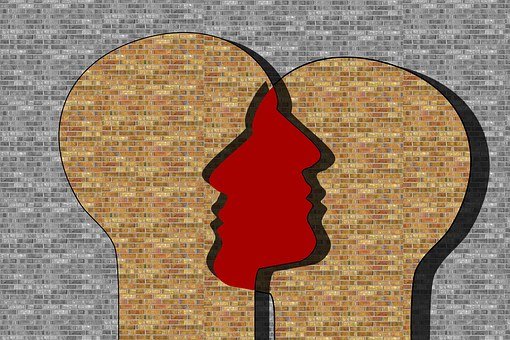Trauma

Discovering the Wisdom of Trauma – with Dr Gabor Maté
I recently had the privilege of attending a retreat entitled ‘Discovering the Wisdom of Trauma’ with Dr Gabor Maté, a physician with a special interest in childhood development and trauma (and of course, the two are closely related).
How trauma might manifest
Dr Maté’s work with individuals during the retreat was both humbling and moving, as was those individuals’ courage. The event left me very reflective, including about the wisdom of trauma itself, and what it can offer us. One of its gifts is that it usually has a long history and can usefully lead us back to the source: frequently manifesting in the body in a wide variety of ways, it is a living expression of a life-changing experience that often can’t be expressed in words but is a fundamental – and literally visceral – part of an individual’s identity. It may well be something that the individual has never consciously known before.
The range of manifestations is endless, including addictions, anxiety, physical pain, illness, problems with sleep, problems with relationships, and repeating patterns of behaviour which are counter-productive but which the individual doesn’t seem able to change.
When we need to say no
When we need to say no, but we don’t know how (and this can come from obligations or pressure to behave in a certain way, or make certain choices, imposed in childhood by an adult, who inevitably has greater power) our bodies will say no for us, perhaps by creating pain or illness that seems uncontrollable.
Powerlessness ensures the child’s survival
When a child is physically or emotionally abused but doesn’t feel safe to share their story, they may (unless they get help) go through the rest of their lives feeling powerless, unquestioningly compliant and unable to stand up to authority. Such behaviour as a child is perfectly appropriate, and indeed the most effective behaviour to have chosen in the circumstances, because it would have been too risky to claim any power: indeed, being powerless ensured their survival. However, while such responses ensured their survival in childhood, they may be left with a lack of agency in their adult lives which is actually working against them.
Multigenerational trauma – and compassion
Trauma is often multigenerational and can be epigenetic – not only may messages be passed down explicitly (such as when Holocaust survivors recount their experiences to their children), but it can also cause changes that affect the way our genes work: in other words, it can actually be inherited. That inherited trauma can get in the way of compassion for oneself or others. When the individual is facilitated to become aware of their compassion, they also become aware of physical sensations which can illuminate resources that they never realised were available to them.
External support
Indeed, trauma cuts us off from external support. And the lack of external support in the presence of an experience which the individual (or individual child) can’t contain can also be seen as a defining feature of trauma. To overcome that experience of lack of support later in life we may look for external support in the shape of addictions to substances or activities. When we engage mindfully (and that might take courage) with the lack of external support, sources of internal support may become evident through noticing what’s going on in our bodies. By recognising and acknowledging those of our reactions that kept us safe in childhood, we can choose not to keep enacting them in adulthood.
Where trauma shows up
While trauma may be evident in the case of people who have undergone experiences which may be obvious causes of suffering (such as bereavement, abuse, relationship breakdown, deprived childhood or poverty, boarding school, war and terrorism, flight from one’s home etc etc), trauma may also occur in more benign-looking circumstances: parents pushing their children to behave in certain ways or to achieve beyond what they are capable of, parental neglect of what the child or baby needs, a bullying boss, or an organisational culture which is impossibly demanding. It might be a single event or an ongoing situation.
Trauma is common
Trauma is astonishingly common. Despite appearances, the most apparently well-balanced, cheerful and obliging colleague may be hiding pain and distress which can get triggered and thus result in unexpectedly negative behaviour. The need for compassion and self-compassion, patience and acceptance, curiosity and tolerance is significant. What do you notice at work, about yourself and others?
Image by Gerd Altmann via Pixabay


